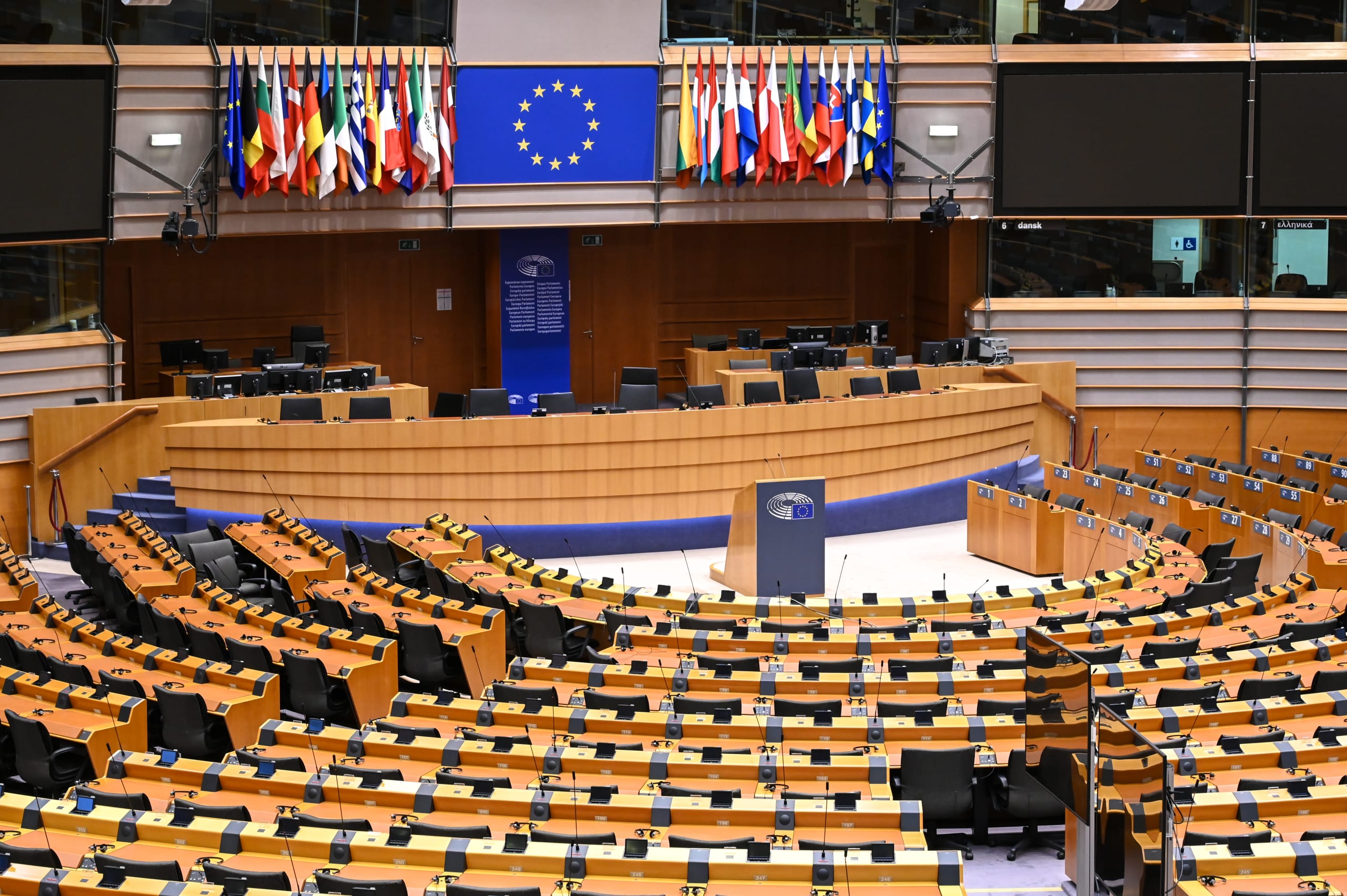Politics is a key driver for the energy transition globally. With nearly half the world’s population participating in elections in 2024, significant effects on the energy transition are expected. In many elections around the world, the cost of living has taken precedence in electoral campaigns, overshadowing green policies. Here, we examine Europe’s recent elections, and their implications for the energy transition.

The UK: Labour wins a landslide
The new UK Labour government has made a raft of announcements outlining its vision for the UK’s future. Significant changes include revisions to the National Planning Policy Framework (NPPF), which previously made it nearly impossible to build onshore wind farms under the Conservative government. Labour’s amendments mean more licences for onshore wind farms are likely to be granted.
Additionally, Labour has established a GBP7.3 billion national wealth fund aimed at generating annual returns of 2.5-4% and attracting private investment. Key government investments include:
- GBP1.8 billion in UK ports
- GBP1.5 billion in gigafactories (including raw materials, battery production and recycling)
- GBP2.5 billion in green steel
- GBP1.0 billion in carbon capture
- GBP0.5 billion in green hydrogen
The government aims to encourage up to GBP21.9 billion in private investments with these commitments.
Labour has also announced the creation of …
More information
For more information on how our research can support you, get in touch.
Image Credit: Adobe Stock
For full access to our news and insights, log in to our Membership Platform
If you’re not yet a member and would like a trial, fill in the form below.
 Back to News
Back to News